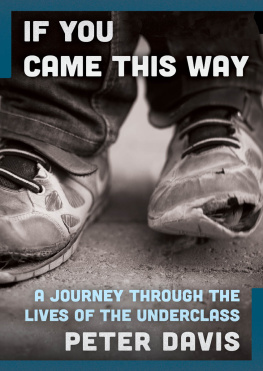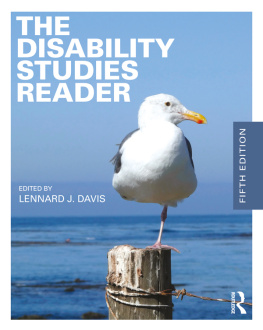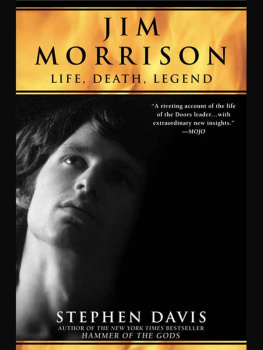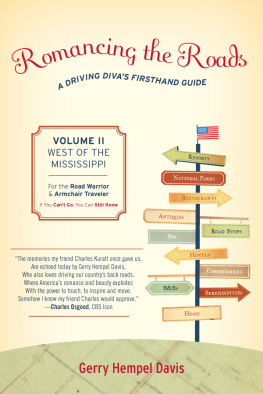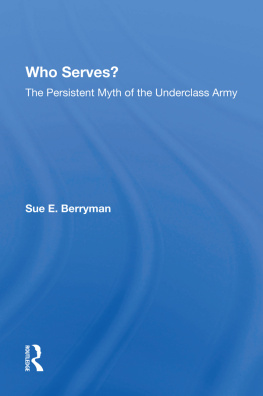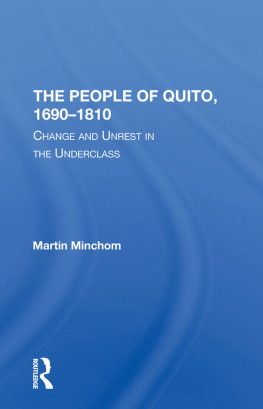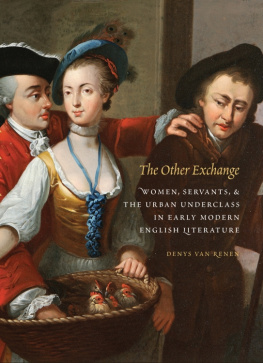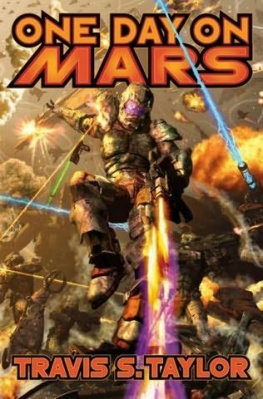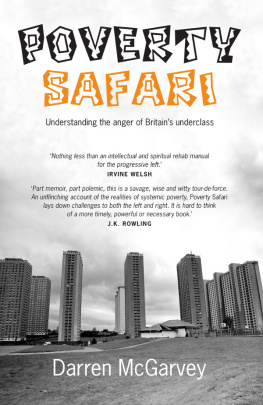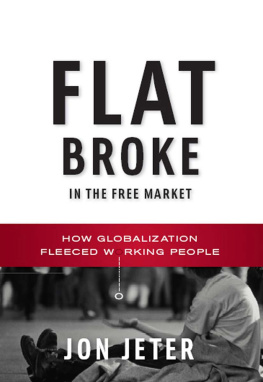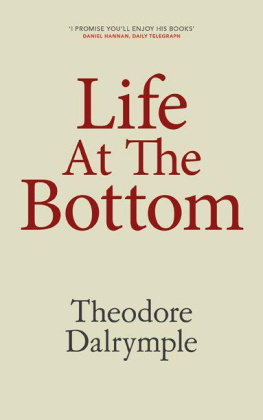If You Came This Way
A Journey Through the Lives of the Underclass
Peter Davis
Contents
Is This Trip Necessary?
Introduction and quiz: Who is the underclass? Theyre not you and theyre not me. They are our enemies, and they know it even if we dont. I would have denied this before. I wasnt aware of an inherent hostility between classes, or perhaps I was and I wasnt. I did not, certainly, admit it until I took a journey through their world, a journey to an American hell.
I went there after being mugged. A blurred ghost out of the shadows, a nylon stocking over its head. Metal glinting in my eyes. My wife fumbling in her purse. Would he hurt us? The metal again, dull, dim, up under my nose. A .45, thick, potent, military. Our wallets in his hand. Hes gone.
This was at night on a sidewalk in New York City, a few feet from our own apartment, described by the police as a garden-variety heist, just your basic mugger with a stocking over his head. The mugging did not launch me on the trip to the underclass, not by itself. A carnal aspect to the incidentinescapable, frightening, temptingwould not let me alone. I was provoked, curious, curiously lured. The mugging started a process that brought me to the decision.
Is it not possible to get excited about a problem until it comes home? Of course, there are those whose combination of personal fervor, emotion, religion, ambition, and ideology drives them to commitment. There is no record that Gandhi, Mother Teresa, or Martin Luther King was ever on the brink of starvation, yet they all became tribunes of the dispossessed. Most of us are not crusaders. Im not. Most of us find it difficult to care, for very long, about what doesnt directly affect us. I do. Ive seldom dwelt more than passingly on these other people, these people in the underclass, especially when their otherness seems so total. I can be sympathetic and cerebral but not passionate and pained until Im threatened close up, face to face with the enemy.
As the days passed after the mugging, I began to think about what would have to happen in my own life to bring me to the point where I would confront two adults on the sidewalk with a gun in my hand and demand their money. Hardly immune to social sloth, periods in which I dream that everyone and everything in America are sort of improving on their own, I suddenly felt violated in my civic certainties. Conditions I had grown to accept became a menace. What had been sad became urgent. Possibly I only wanted to see the face of the man who had scared me so much. Maybe he was more afraid of me than I was of him. I decided to find him. To findmore accurately, more feasiblythe kind of person who had mugged me, his background, his family, his home if he had one. If my mugger had been in a police lineup with, say, an undersecretary of state, an NFL lineman, and a neighborhood patrolmaneach of whom I may have glimpsed once or twiceI could never have identified which one had mugged me. Yet he had identified me so easily. My trip to find him, this generic desperado from the underclass, was conceived as a way to restore my own sense of who I am in the society that surrounds me. The trick would be doing this so I would enter another America feet first, with the rest of me following, as an inquisitive traveler, not a disguised Yupster gone slumming.
Much later, finished with my researchalleys, soup lines, empty faces, broken faces, faces of the American damnedI went for a walk in the woods on a crisp September morning when the leaves had begun to turn. I live in Maine now, where the fall comes early, and the butterfly I saw must have known it would either not last long in Maine or not last long at all. As the butterfly made ready to leavethe state or the earth, I couldnt tellit seemed to enjoy itself perfectly, heedlessly. Rainbow wings, sailing into the wind, movements like darts of a laser beam. The air was lost in pigment. I followed the butterfly as it dipped away from me, swooped under a branch, dived back in my direction. It was happy, beautiful, freeand I wanted to smash it.
The point was: How dare any part of creation belong so cheerfully to itself when the misery Id been observingeven, at times, convincing myself I was sharingwas so complete? How easily, in the end, Id escaped it! Such an escape, the escape back to places where grace and beauty are daily possibilities, remained light years beyond the reach of the people whose lives Id been trying to understand, people for whom freedom is not merely an abstraction but a term of mockery. I was ashamed when I realized I had never even contemplated them as fellow citizens. Fellows are peers who can do for each other. When I thought about it, these Americans and I offer each other virtually nothing.
For these fellow citizens Id been with, learning to read, finding a home, stopping drugs, being accepted into job training can be achievements as significant as that of a paralyzed accident victim who slowly, agonizingly, learns to wiggle a single toe. The obstacles to basic survival can be colossal, Himalayan. For many of those I had lived among, getting onto welfare or even committing a crimemy mugging, for instancewould be a leap upward from where they are. A criminal act, however antisocial from the perspective of the state, would be an act, an assertion of self, a pledge toward betterment that is, for many of those I met, well beyond their reach. They have far more crimes committed against them than they can even conceive of committing. Freedom, rarely a collective proposition, is mine in abundance, but they experience itat a distant remove, vicariouslymostly when they watch television commercials or get high. Which means, by any definition I can relate to, they are not free at all.
This book takes you on my journey into the underclass. Also known as the persistently poor, the chronically poor, and, lately, the outerclass. Whatever we call them (when we bother to call them anything), they constitute a class whose very existence is appalling because it is not supposed to exist in America. Yet the United Nations Development Programme reports that even Bangladesh has managed to immunize a greater percentage of its children against diphtheria than we have. The U.N. report was itself a kind of affliction for me, as it had been for the columnist Murray Kempton when he looked at the same figures: A nation that we think of as hopeless struggles to make life a little better; and the nation that is the repository of our hopes indifferently watches it get worse for millions of our helpless own.
Meet our helpless own. Watch as what passes for their lives belies the myth of equal opportunity in America. My journey into the underclass, like all travels, was more about understanding than about seeing the sights. Yet it is the sights and smells, the images of perennial poorness, that I cant shake. The widow found with her legs frozen in her own urine after the heat was shut off, the family of six fighting with rats over rotten potatoes, the brother and sister arrested after killing a traveling businessman for his pocket change. I tell you about these people not to be sadistic, not to make you guilty in your complacency, not to present the smug machismo of the war correspondent filing a report from hell. I note these blighted lives out of the convictionno, the fearthat where the underclass is concerned, what we dont know can destroy us as their reality is destroying them.
My journey left me with one dead certainty. This certainty was hard for me to learn and acknowledge, but it is what anyone in the underclass knows instinctively as a child. Wealth is not all that is inherited in America. So is poverty.

